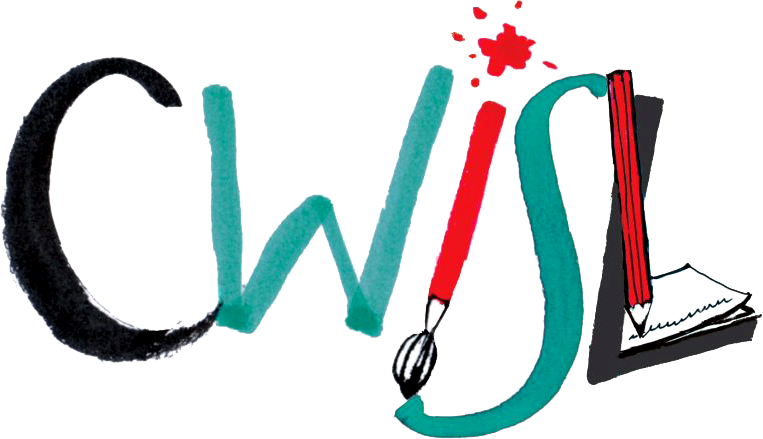What are you about? What upsets you? Makes you happy? Sad? Thrills you? What are you interested in? What do you care about most – even feel passionate about? When you write, you must write with passion because writing is a passion and only that passion will help you persevere, drive you on and turn you into a true writer.
If you had to shout out just one sentence from a rooftop to a crowd clustered below, hanging on your every word, what would it be? That sentence is your passion, your obsession. So feed it. Feed it with books and more books, with films, with music, with TV, with drama. Visit art galleries and museums – anywhere and anything that might stimulate an aspect of it.
But feed it.
And if you don’t know what your own particular obsession is yet, don’t worry. You’ve got loads of time in which to discover it. The rest of your life, in fact.
You will do.
You’ve gone on the internet, done a search for Top Tips on Writing and you’ve got 170 MILLION hits. I know, I just did it too. This reveals a simple truth: there are as many ways of telling a story as there are of reading them: on the bus, in the library, upside down, right way up, watching telly. But that’s no good, is it? You want advice, so here’s some:
* Almost everything you have is made by someone else but your story is your own; utterly, totally and uniquely. Be proud of it.
* Stories are simple – they have a beginning, a middle, and an end. When you start, have a little think about where you want to end, then forget about it and push on.
* Your characters are like people – you’ll know some of them but others are just plain weird. The weird ones are REALLY interesting.
* If your story stops dead, it’s probably because your characters are a bit lost. Take a moment to work how to help them.
* Try to finish everything you start. Your story, picture or poem deserves it. And if you finish, it’s easier to move on to the next thing you’re doing. Don’t ask me why; it’s just way things are.
BUT none of this advice is ANY GOOD AT ALL if you’ve been told to produce a story for homework and YOU’RE TOTALLY HORRIBLY STUCK. So here’s a trick.
Close your eyes and let a picture float into your head: it could be a red ball in a dirty puddle, or a white kitten in a blue room, or an empty wooden boat in the middle of a flat blue sea, or a candle flickering by an open window.
Now get curious and start asking questions: HOW did the boat get there? WHERE did the ball come from? WHY is the kitten in the blue room? WHO lit the candle? Answer those questions and you’ve got a story.
I like mystery in my stories. That was easy when I was writing crime novels – someone was dead and my readers wanted to know who the killer was. But you don’t need a dead body in order to have mystery. There doesn’t even have to be a crime. But if your story is asking questions like, “Why did that happen?” or “Who did that?” or “Who on earth is she?” then your readers are more likely to keep turning the pages to find out the answer.
Have your characters talk to each other, a lot. A reader learns about a character from seeing him or her chatting with other characters. Move your story along through dialogue, feeding information and clues into the things people say to each other. Dialogue is so much more fun for readers to read than long paragraphs of explanation.
Waking up the imagination is everything to me. I spent most of my time daydreaming. Whenever I’m thinking about or writing my stories, I’m always asking WHAT IF…? I imagine their strange and unknown worlds and I’m filled with curiosity.
Where do they live?
What can they see?
What do they eat?
What can they smell?
Do they sleep easily?
And what are they scared of?
Now add a healthy dose of what if… and you’re on the road to a new adventure.
How many senses do we have? If you exclude Common Sense, then we perhaps could agree that we can SMELL, SEE, HEAR, FEEL and TASTE.
Senses have everything to do with story. When you write stories, you want your reader to be able to smell and see and hear, feel and taste what your story’s character is facing.
Clear as Mud?
Oh, what colour is mud? Is it thick or is it transparent? Is it icky to touch? Is it wet or dry?
